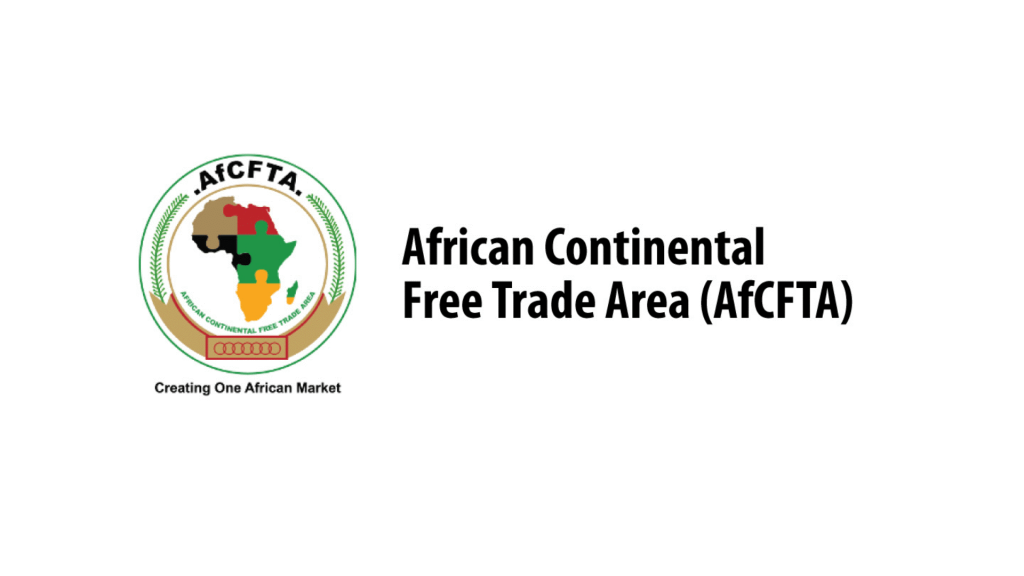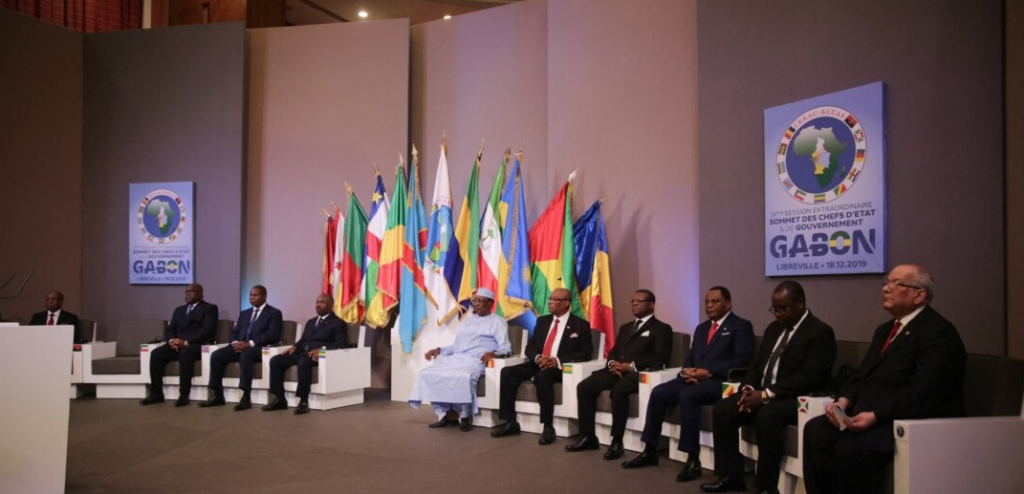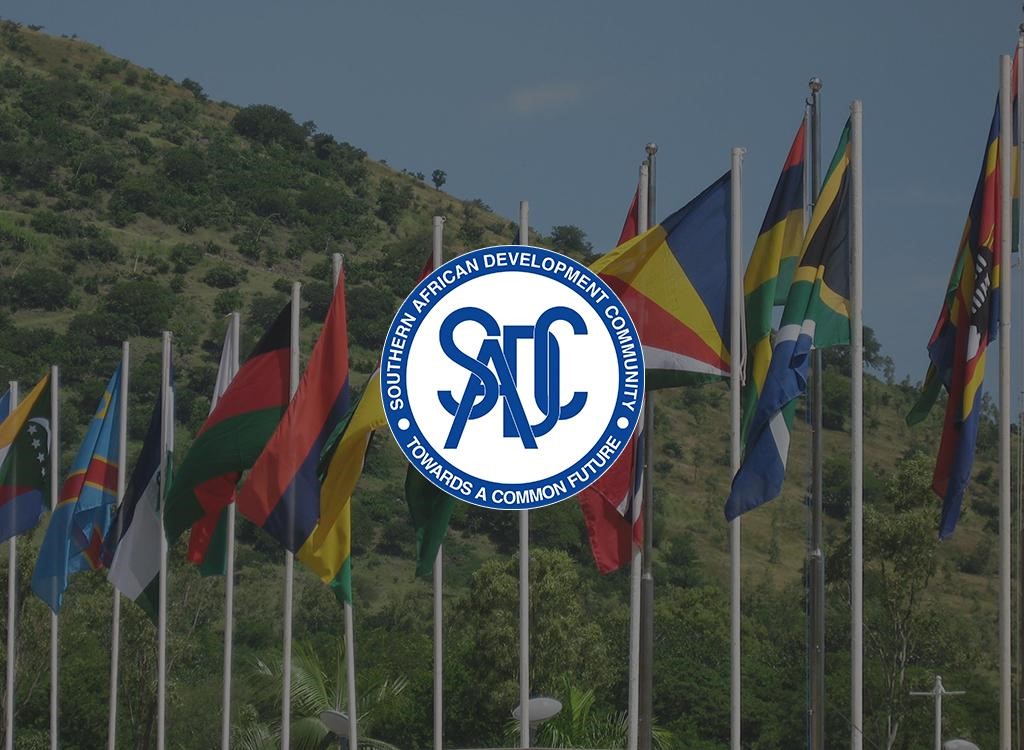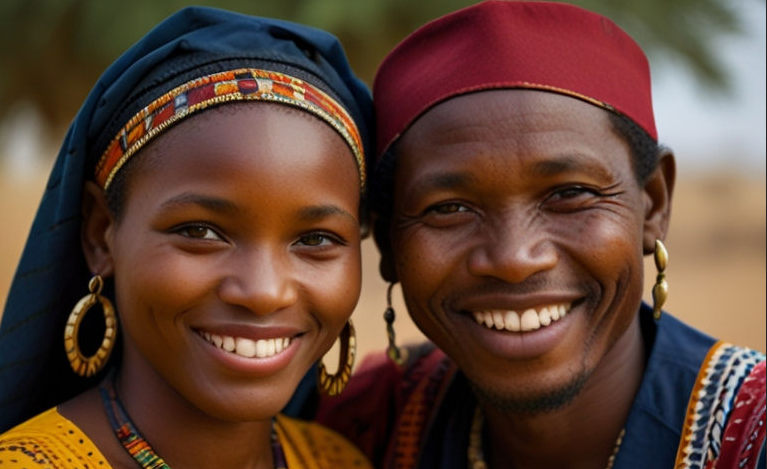The Economic Community of West African States (ECOWAS) comprises fifteen member countries in the Western African region. The region spans over 5 million square kilometres and is home to a combined population of over 400 million people. The Member States are Benin, Burkina Faso, Cabo Verde, Côte d’Ivoire, The Gambia, Ghana, Guinea, Guinea Bissau, Liberia, Mali, Niger, Nigeria, Sierra Leone, Sénégal and Togo. Together, they contribute to a collective GDP of over $734 billion, making this region a key player on the global economic stage. ECOWAS was formed to help promote the ideal of collective self-sufficiency for its member states, as well as to create a single, large trading bloc through economic cooperation.
The ECOWAS region boasts of rich natural resources, fertile agricultural land, a growing population, and favourable policies, presenting a wealth of investment opportunities across sectors like agriculture, energy, technology, and manufacturing. The region’s top exports, including oil, cocoa, gold, and cashews, fuel the economies of ECOWAS members, offering promising returns for investors. Also, governments across the region continue to implement reforms and policies to attract foreign investment, making it more suitable for businesses to explore the potential of ECOWAS.
History of ECOWAS
The Economic Community of West African States (ECOWAS) was established on May 28, 1975, when the Heads of State and Governments of the fifteen West African countries came together in Lagos, Nigeria, to sign the ECOWAS Treaty. The founding nations recognized the importance of pooling resources and creating a unified market to overcome economic challenges, hence, the primary goal of this regional community was to promote economic integration, enhance cooperation, and foster sustainable development among its member states.
ECOWAS initially comprised countries that included major economies like Nigeria, Ghana, and Côte d’Ivoire, with the region’s economic and political cooperation becoming a central focus over the years. A notable change in the community’s composition occurred when Mauritania, the only Arabic-speaking member, withdrew from ECOWAS in December 2000. However, in August 2017, Mauritania signed a new associate-membership agreement to reestablish its ties with the community while maintaining a degree of independence from full membership.
Overview of partner states in ECOWAS
Member states and population
- Benin – 13.7 million
- Burkina Faso – 23.1 million
- Cape Verde – 0.6 million
- Côte d’Ivoire – 28.7 million
- Gambia – 2.7 million
- Ghana – 34.0 million
- Guinea – 14.4 million
- Guinea-Bissau – 2.1 million
- Liberia – 5.4 million
- Mali – 24.0 million
- Niger – 27.2 million
- Nigeria – 223.8 million
- Senegal – 18.3 million
- Sierra Leone – 8.8 million
- Togo – 9.3 million
Total Population – 436.1 million
Gross Domestic Product
- Benin – $18.2 billion
- Burkina Faso – $20.6 billion
- Cape Verde – $2.3 billion
- Côte d’Ivoire – $79.6 billion
- Gambia – $2.1 billion
- Ghana – $74.4 billion
- Guinea – $20.8 billion
- Guinea-Bissau – $1.8 billion
- Liberia – $3.8 billion
- Mali – $19.6 billion
- Niger – $14.0 billion
- Nigeria – $477.0 billion
- Senegal – $31.0 billion
- Sierra Leone – $4.4 billion
- Togo – $8.7 billion
Total GDP – $778.3 billion
Top 10 exports (ECOWAS region)
- Crude Oil (Nigeria)
- Cocoa Beans (Côte d’Ivoire and Ghana)
- Gold (Ghana and Mali)
- Natural Gas (Nigeria)
- Cotton (Mali, Benin, and Burkina Faso)
- Cashew Nuts (Côte d’Ivoire)
- Timber and Wood Products (Liberia, Ghana, and Côte d’Ivoire)
- Fish and Seafood (Senegal)
- Rubber (Liberia and Côte d’Ivoire)
- Fruits and Vegetables (Côte d’Ivoire, Ghana, and Senegal)
Top Investment Opportunities in ECOWAS
1. Agriculture and Agribusiness
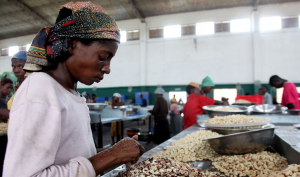
The ECOWAS region boasts fertile lands, favourable climate, and a large labour force, making agriculture a cornerstone of its economies. The region is a major producer of cocoa, cashew nuts, cotton, and tropical fruits, creating vast opportunities for agribusiness investment, from farming to processing and export. Countries like Côte d’Ivoire and Ghana offer significant potential for investments in processing cocoa into value-added products like chocolate. Similarly, Nigeria, with its large agricultural sector, presents opportunities in crop mechanization, food processing, and the development of value chains for staples such as rice and maize. Major cotton producers, such as Benin and Burkina Faso also offer opportunities in textile manufacturing and the development of agro-industries.
2. Energy
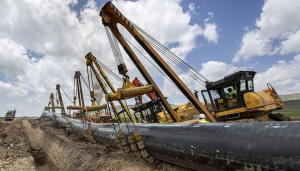
The region has abundant natural resources, hence the energy sector presents enormous investment potential, especially in harnessing renewable energy to address the region’s energy deficit, and oil and gas in resource-rich countries. Currently, there is a growing demand for solar and wind power projects as West African countries seek to diversify their energy sources and reduce dependence on imported fuels. For instance, Ghana’s offshore oil fields and its push for renewable energy investments make it a key destination for energy investors, while Senegal is also seeing increased investment in wind and solar energy to boost power generation.
3. Infrastructure
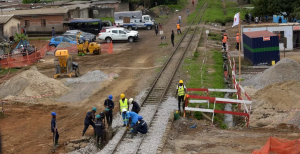
Urbanization, population growth, and the need for modern transport and housing have made infrastructure development a high-potential sector in ECOWAS. Nigeria, for example, with its booming urban population, presents significant opportunities in real estate, road construction, and public-private partnerships (PPPs) for transportation projects such as railways and highways. Côte d’Ivoire’s ambitious infrastructure plans, such as the Abidjan metro project, and Ghana’s growing economy also call for substantial investments in upgrading ports, highways, and airports to accommodate increased trade and mobility.
4. Mining
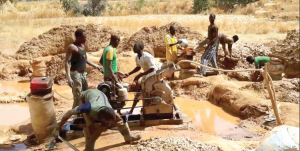
Countries in the ECOWAS region are rich in minerals like gold, bauxite, diamonds, and iron ore, making mining a lucrative sector for investment. For instance, Ghana, which is often referred to as the “Gold Coast,” is a leading global producer of gold, offering attractive prospects in gold mining, refining, and exploration. Similarly, Mali and Burkina Faso are significant players in the gold industry, and present opportunities in mining and mineral extraction as well. Guinea also holds the world’s largest bauxite reserves, offering investment potential in bauxite mining and processing for aluminium production.
5. Technology and Innovation

Technology and innovation are emerging as major investment opportunities in the ECOWAS region as a result of rapid digitization, growing mobile phone penetration, and a youthful, tech-savvy population. West Africa has seen a surge in demand for digital solutions across various sectors, including financial services, e-commerce, telecommunications, and education. This demand is fueling the growth of the digital economy, with Nigeria, Ghana, and Senegal at the forefront of this transformation. Investors have the chance to tap into a region where mobile money, fintech, and digital payments are driving financial inclusion for millions of people who previously had limited access to traditional banking services. In addition, there is significant government support for the tech industry, further catalyzing innovation in areas such as mobile technology, artificial intelligence, and blockchain.
References
Africa Housing (2024). Where To Invest in West Africa: Tips for the Future. https://africa-housing.com/where-to-invest-in-west-africa-tips-for-the-future/
ECOWAS CEDEAO (n.d.). About ECOWAS. https://www.ecowas.int/about-ecowas/
ECOWAS CEDEAO (n.d.). Member States. https://www.ecowas.int/member-states/
ECOWAS, (n.d.). Import and Export. https://old22.ecowas.int/doing-business-in-ecowas/import-and-export/

